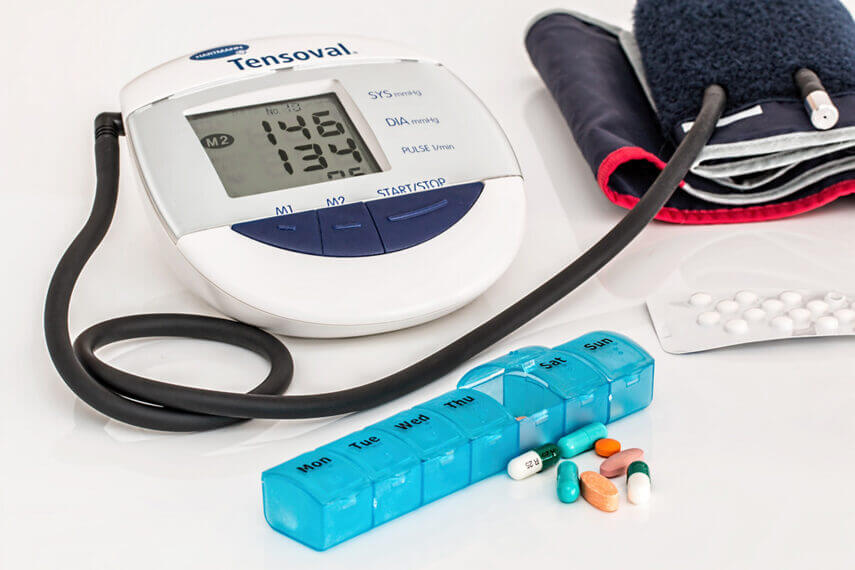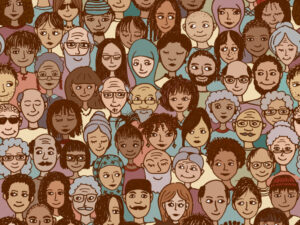Playback speed:
Caring for a person living with dementia involves many things. These include the use of both medications and psychosocial interventions (such as engagement and environmental changes to suit the person). Care plans should integrate both these kinds of treatments when addressing the factors that affect the condition of a person living with dementia. These include biological, psychological, and social factors.
Though non-drug measures are usually the first-line approach to address the symptoms of dementia, medications are still important in the treatment of dementia.
Treatment Beyond Medication
Source: ForgetUsNot Project by LIEN Foundation
In the following video, Dr. Chen Shiling of Khoo Teck Puat Hospital shares about why there is more to dementia treatment than just drugs. She raises three aspects of treatment and shares her past experiences that helped her understand how to care for a loved one living with dementia.
Presently, there is no cure for dementia. Although slight improvements or stabilisation of symptoms can at times be seen, these ultimately do not cure or prevent the disease or restore mental health. There are, however, drugs that may help improve mental function, mood or behaviour and slow down the symptomatic progression of the disease.
It is important to note that not every medication or combination of medications works for everyone. Each person responds differently to different types of medications. Doctors and pharmacists may need to adjust the course of medication based on the response of the person living with dementia and the feedback of caregivers.







